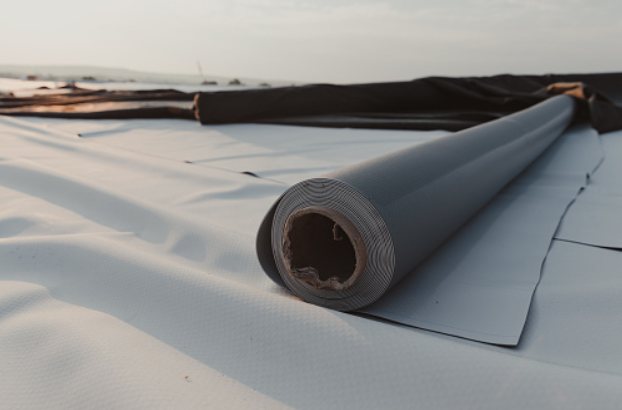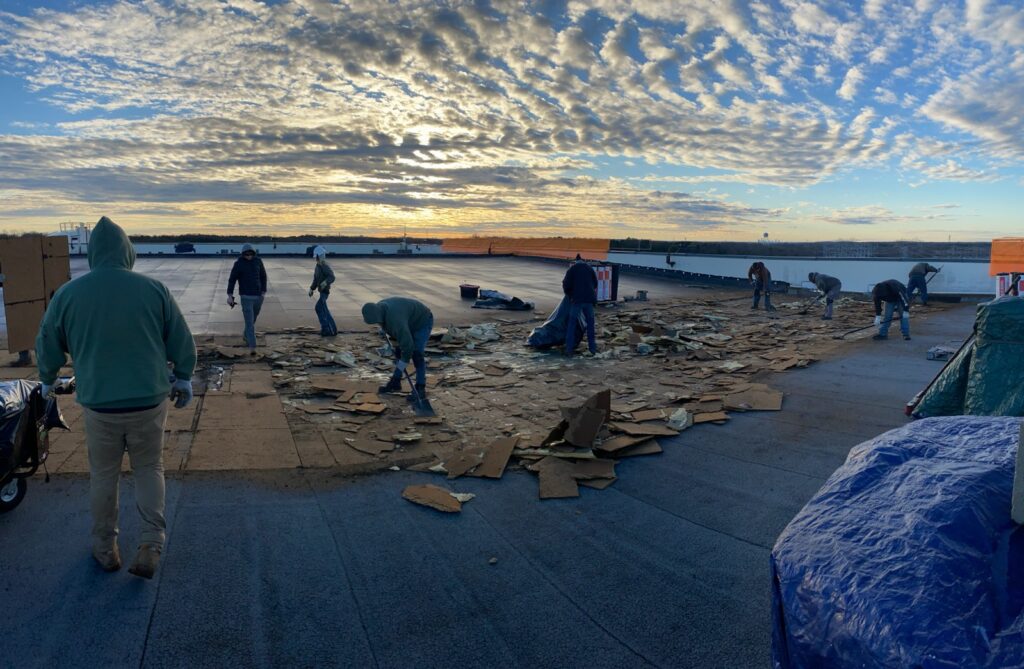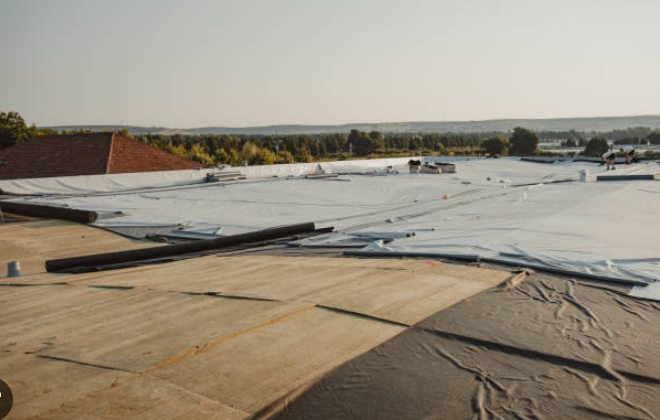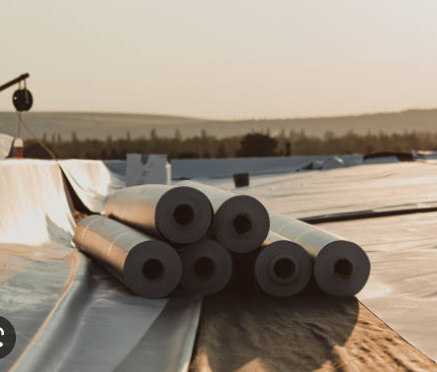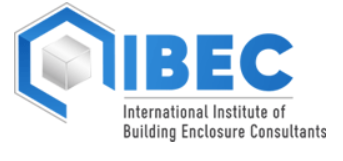Systems & Materials
Welcome to our Roofing Systems page. Here you will find information about the different types of roofing systems available for commercial and industrial buildings. However, it’s important to note that the best roofing system for your building will depend on a variety of factors such as the size of your roof, the number of penetrations, and other considerations, the weather conditions in your area, and energy efficiency and budget.
Our team of experts can assist you in choosing the right roofing system for your building, considering all of these factors and more, to ensure that your roof will be durable, energy-efficient, and provide long-term protection for your property. Please feel free to contact us with any questions or to schedule a consultation.

